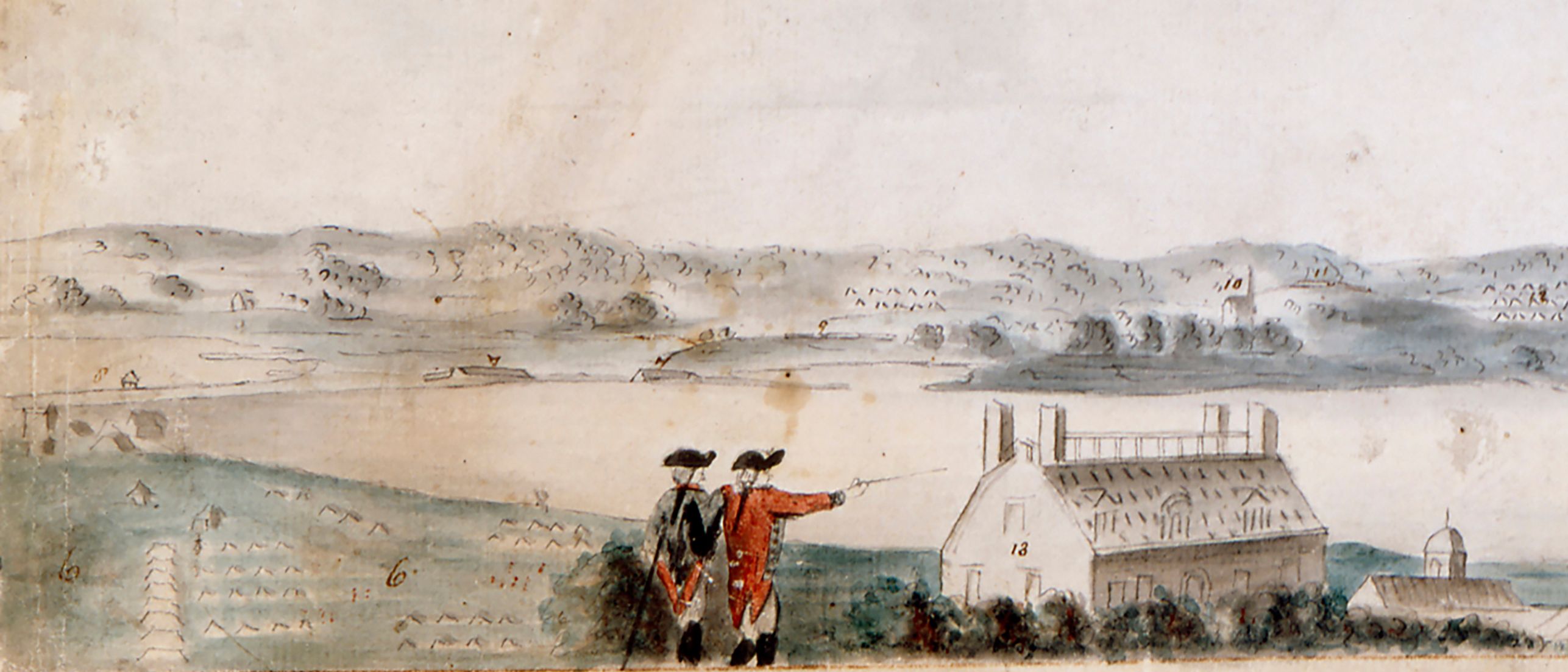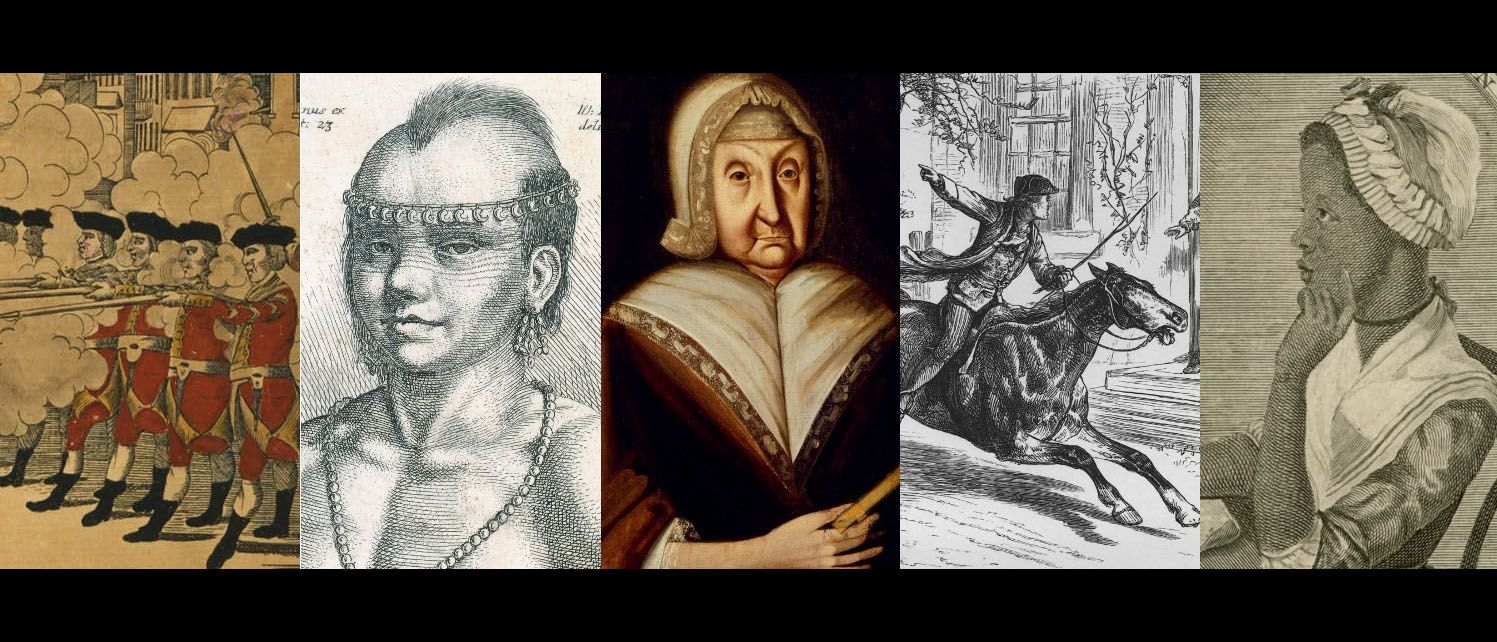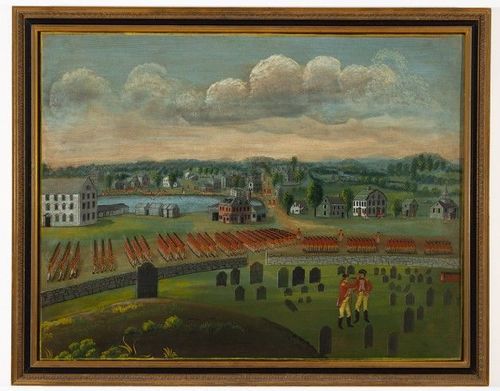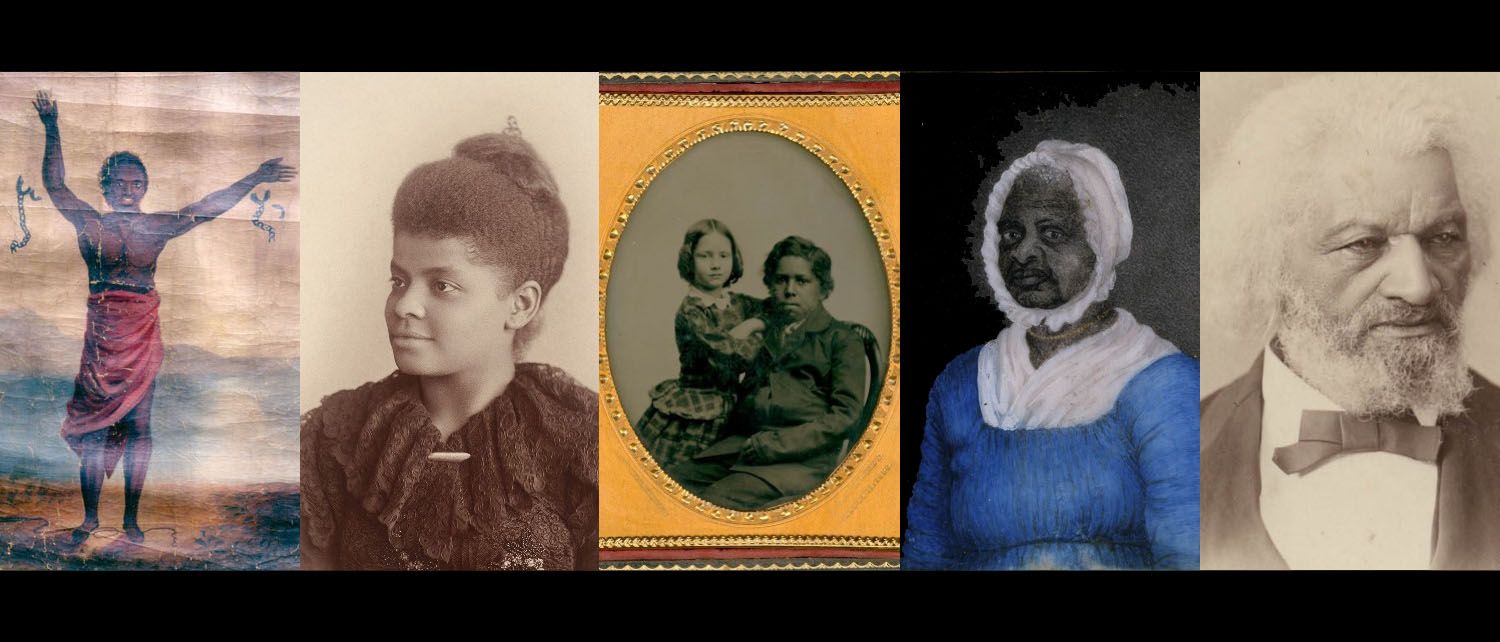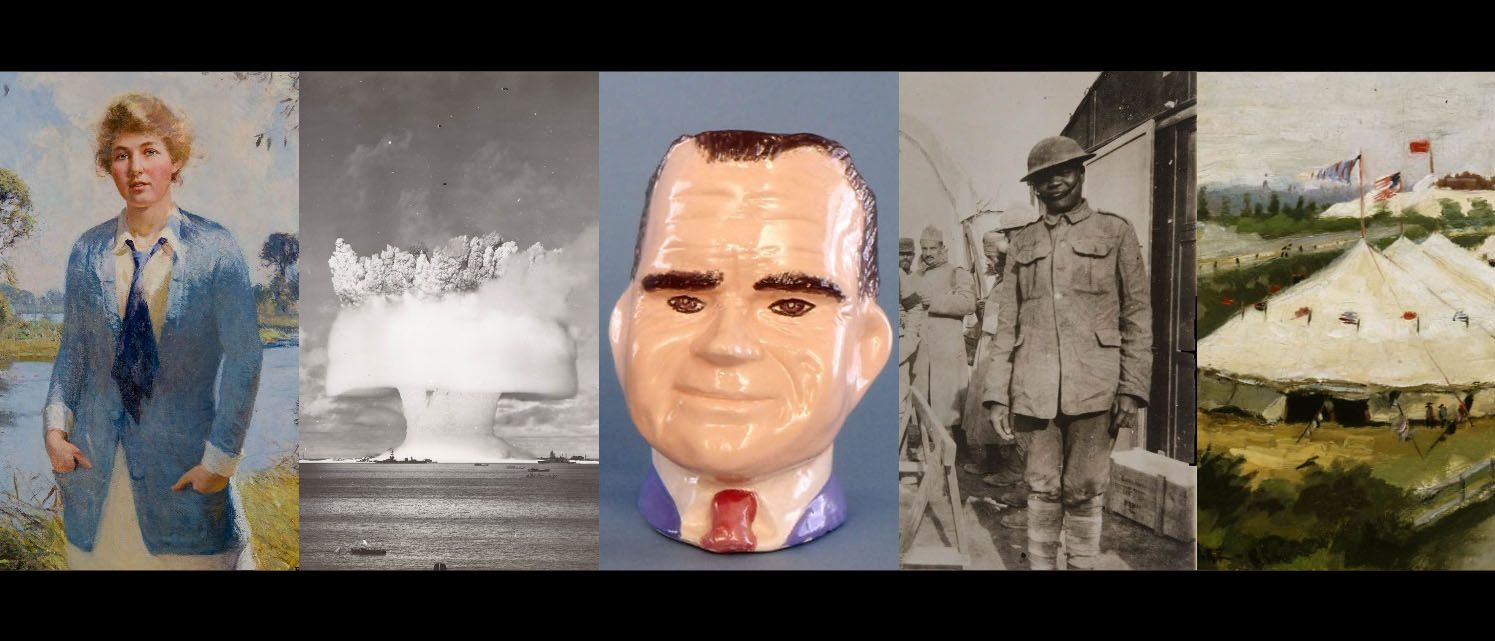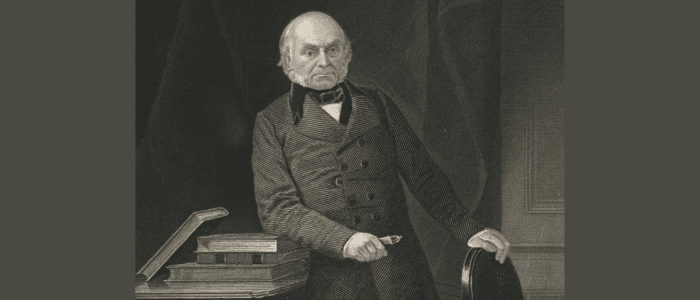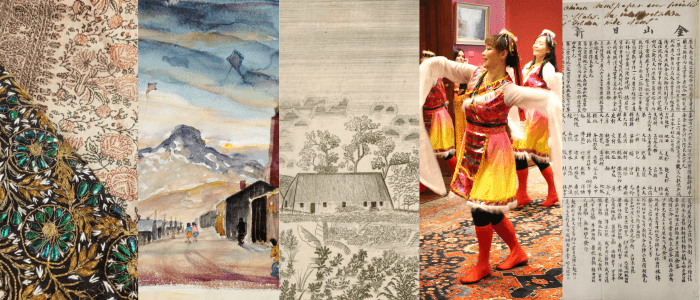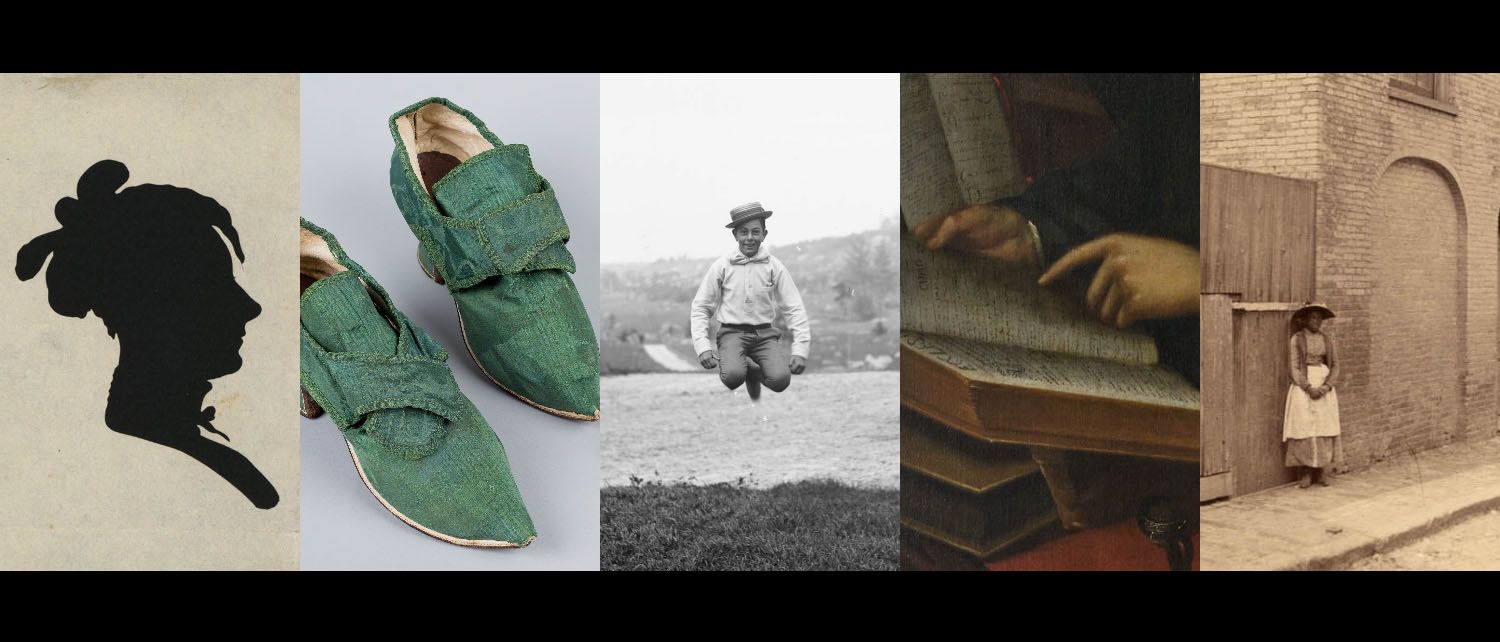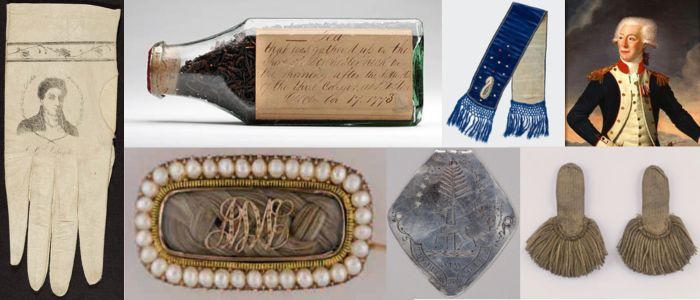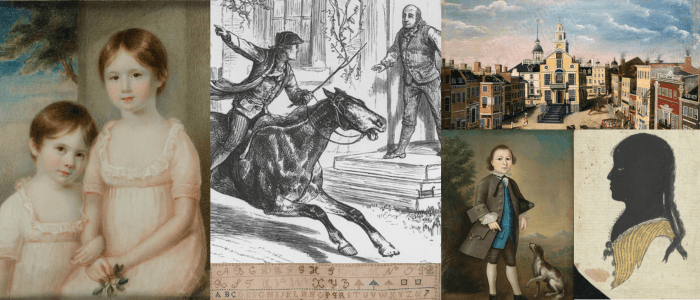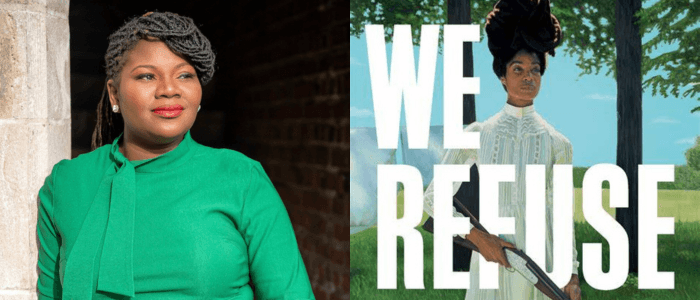Event

Narrative History
John Demos, in conversation with Catherine Allgor
This event will now be held virtually from 6:00-7:00. Register to attend below.
Virtual, $5 fee.
John Demos has won the Bancroft Prize and the Francis Parkman Prize, as well as being a finalist for the National Book Award. He began his career as a historian deeply steeped in the methods of social sciences. However, he shifted his work to focus more on the stories of human life and brought the discipline with him toward a narrative history. He has moved many and galvanized some with his books and was also an inspiring teacher at Yale who helped shape many of the next generation of leading scholars. Professor Demos will speak with his former student, Catherine Allgor, about his work, his influences, and the scholars who are continuing his legacy.
Online Event
This event will now be held virtually from 6:00-7:00. Contact programs@masshist.org if you have any questions.
The virtual program begins at 6:00 PM and will be hosted on the video conference platform, Zoom. Registrants will receive a confirmation message with attendance information.
